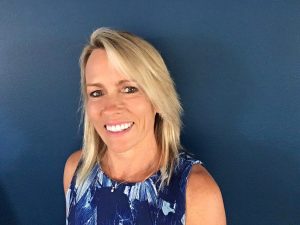The standard working week is dead and we should not mourn its passing.
Work four longer days. Take a break for lunch and a long walk and stay up late instead. Grab some on-the-clock hours in the pre-dawn if you will. Pick the kids up from school. Have balance. Enjoy work and life too.
It is not too much to ask, is it?
Work no longer always resides in an office with a boss in attendance. It can live wherever a laptop is opened or a client can meet. We are practiced at it thanks to the pandemic’s rude interruption.
Who says the work days should be Monday-Friday and 9am to 5pm?
Some old fogey from a bygone era, that’s who and it’s great we now see it for the suffocating box it was.
Good riddance, I say.
Moves away from clocking on for conventional hours in an office have been made by some very big firms.
Last month Dropbox moved to requiring its employees to only have four set work hours a day – the rest they can fit in around their lives – and they don’t have to go to an office at all if they don’t want to.
Salesforce, a massive cloud-based software firm, declared the working week dead and is scaling back its real estate footprint, with two thirds of its staff now coming into the office between one and three days a week.
Sensibly, for progressive companies, the focus is on outcomes, not necessarily hours worked. They value their employees’ balance, health and longevity of tenure.
They know that very few people skive and most honour the trust that comes with having flexible conditions.
Other employment moves are afoot beyond the shift to the hybrid model of working from home and office.
Spain is trialling an official four-day week and there are similar murmurings in NZ to do the same.
Do you have an opinion to share? Submit a Letter to the Editor with your name and suburb at Sunshine Coast News via: news@sunshinecoastnews.com.au
Victoria Police last year won the right to disconnect, meaning they can’t be contacted on days off unless in an emergency. France mandated this in 2016 nationwide for companies with more than 50 employees.
Employees are seen as having value for all they are and we now know working longer kills.
The World Health Organisation recently published a study that found those working 55 hours a week or longer were at much higher risk of stroke and heart disease. Those most at risk in the world live in southeast Asia and the Western Pacific – that’s us.
If companies want to vaccinate against burnout and want their employees to stay, flexibility is key and the ability to be fully present in whatever task they are working on is productivity gold.
I used to be one of those people: always on the clock, never saying no, forgoing sleep, phone always at the ready, juggling multiple deadlines and jobs. It was madness, but my busy-ness was seen as a badge of honour at the time.

The world now recognises that working smarter, not longer, increases productivity and benefits a workplace.
How times have changed, and thank goodness for that.
Jane Stephens is a USC journalism lecturer, media commentator and writer.





